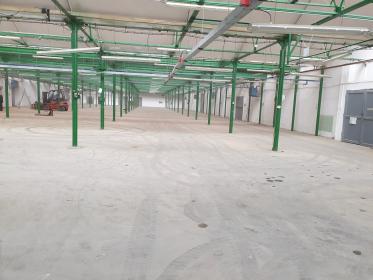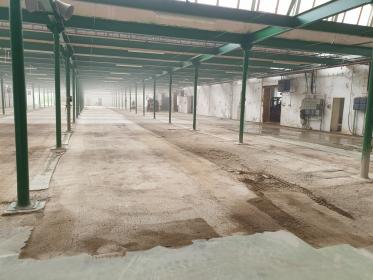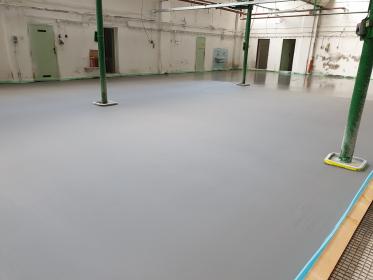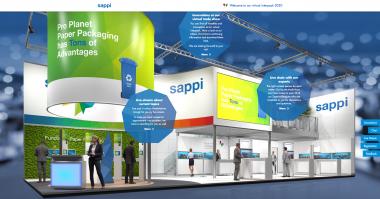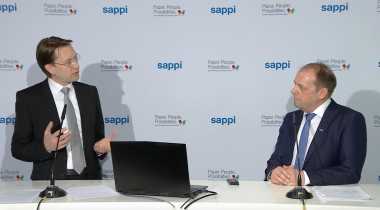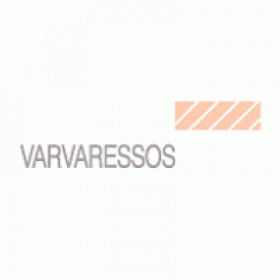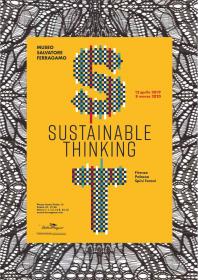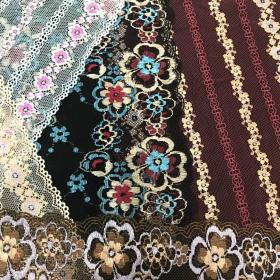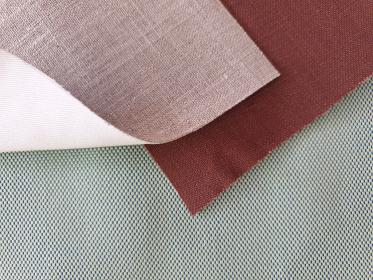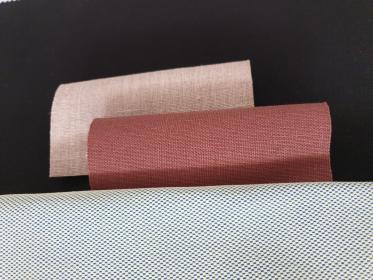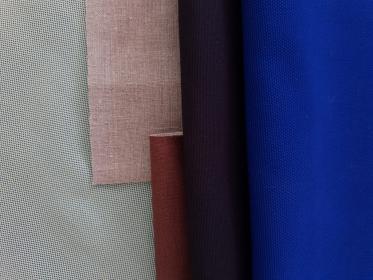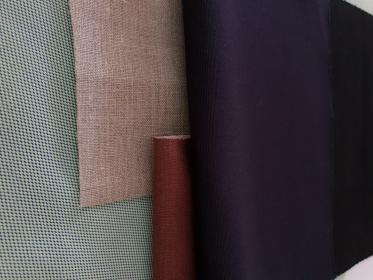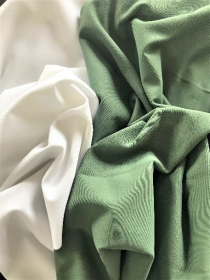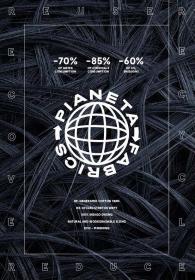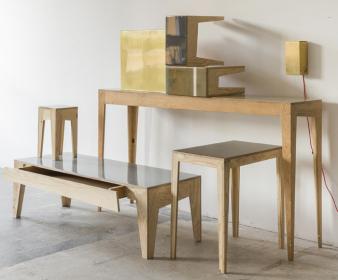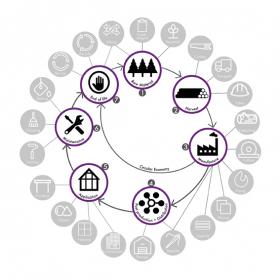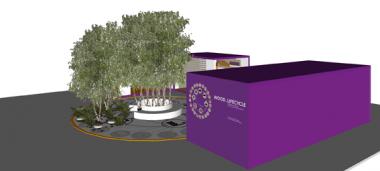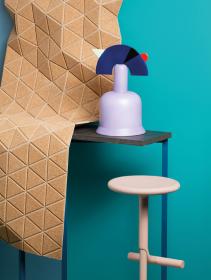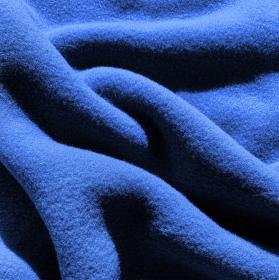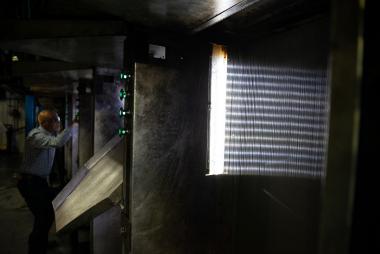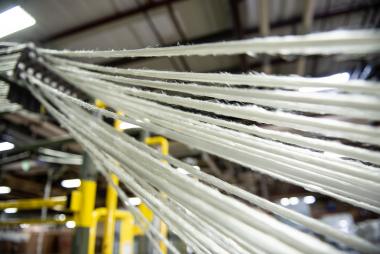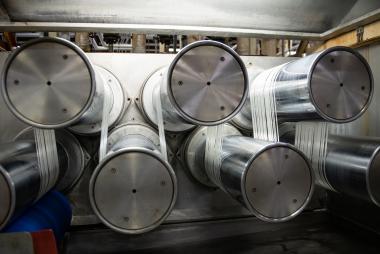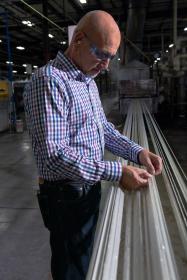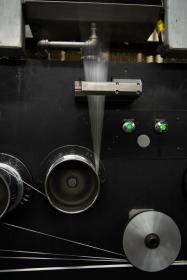HITEXBAU geht mit Carbonbeton in die Offensive bei der industriellen Fußbodensanierung
- Nachhaltiges Bauen mit Carbonbeton: schnell, kostenreduziert, umwelt- und ressourcenschonend
Carbonbeton bringt zahlreiche Vorteile in der bautechnischen Verstärkung und Instandsetzung mit sich, speziell auch bei der Sanierung von Industriefußböden. Die HITEXBAU GmbH produziert auf Wirkmaschinen neuester Bauart und mit eigenen Beschichtungsanlagen Armierungsgitter für Beton aus Carbon, Basalt und AR-Glas. In einem innovativen, vollautomatischen Prozess können besonders großflächige und vielfältige Hochleistungs-Carbongelege kostengünstig für die Baubranche hergestellt werden. Wie zum Beispiel für die tschechische Firma Immogard s.r.o., die an verschiedenen Standorten Industrieflächen vermietet, u.a. im Industriepark Libravské Údolí. Hier waren rund 3.000 m² Industrieböden in drei Hallen zu sanieren. In Kooperation zwischen HITEXBAU und der Koch GmbH, Kreuztal, einem Spezialisten für Carbonbetonanwendungen im Sanierungsbereich, wurde ein Instandsetzungskonzept erarbeitet.
Spezielle Projektanforderungen: Hohe Traglast auf schwierigen Untergründen
Aufgrund der stark sanierungsbedürftigen Böden und sehr schwieriger Untergründe – minderfester Altbeton mit partiellen Ausbrüchen und Rissen, teilweise mit nicht tragfähigen Beschichtungen – war es wichtig, eine robuste und dauerhafte Lösung zur Erneuerung des Fabrikbodens umzusetzen. Zudem mussten hohe Nutzungsanforderungen als Produktionshalle mit dynamischen Sonderlasten durch bis zu 15 Tonnen schwere Maschinen sowie Staplerverkehr berücksichtigt werden. Die Randbedingungen und Gegebenheiten ergaben zwei Alternativen für die Erneuerung der Hallenböden: Den kompletten Rück- und Neubau der Böden aus Stahlbeton oder die Sanierung mit Carbonbeton.
Bodensanierung mit Carbonbeton: schneller und preiswerter
Nach Kostenermittlung beider Varianten empfahl sich eindeutig die Sanierung mit Carbonbeton. Diese brachte auch weitere, wesentliche Vorteile mit sich: Eine sehr schnelle Instandsetzung mit geringen Ausfallzeiten von lediglich 2 bis 3 Wochen vom Start des Projektes bis zur vollen Belastbarkeit und Nutzung des Bodens mit schweren Maschinen und Staplern. Zum Vergleich: Der vollständige Rück- und Neubau einer Stahlbeton-Bodendecke von 12 cm Stärke, ohne Beschichtung, würde 8 bis 10 Wochen benötigen. Im Kostenvergleich lag die Carbonbeton-Variante ca. 20 % unter der Stahlbeton-Variante. Die Instandsetzung mit Carbonbeton eines weniger geschädigten Bodens ohne Sonderbelastungen ergäbe einen Preisvorteil von über 30 %.
Unterschiedliche Carbon-Gelege: von flexibel bis starr und mit diversen Geometrien
Ziel der Instandsetzung war ein mechanisch stark beanspruchbarer, abriebarmer Boden. Für die neuen Industrieböden der drei Fabrikhallen – eine große Halle mit ca. 2.300 m², eine Halle mit ca. 380 m² und eine Halle mit ca. 600 m² altem Fliesenbelag – kamen je nach Erfordernis unterschiedliche Arten der Untergrundvorbereitung (Stemmen, Fräsen, Schleifen, Kugelstrahlen) zur Ausführung. Nach der Grundierung der Flächen wurden rund 5.000 m² der Carbonbewehrung verlegt. Optimal abgestimmt auf die unterschiedlichen Oberflächen wurden nach vorherigen Tragfähigkeitsberechnungen flexible und starre Gitter-Gelege diverser Geometrien kostenoptimiert verwendet.
3.300 m² Bodensanierung mit Carbonbeton in nur 2 bis 3 Wochen
Die Instandsetzung von industriellen Böden mit Carbonbeton erfolgt in sechs zeitnahen, zum Teil abschnittsbezogen, parallellaufenden Schritten: Abfräsen, Kugelstrahlen, Grundieren, Carbon-Gelege aufbringen, Egalisierungsschicht, abriebfeste Deckschicht.
bm CONSULTING Communication & PR


